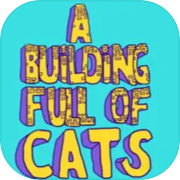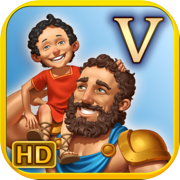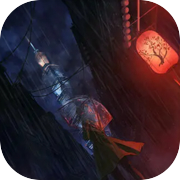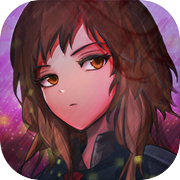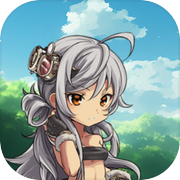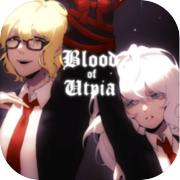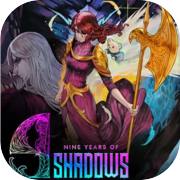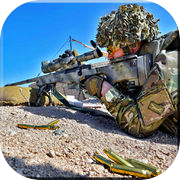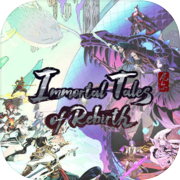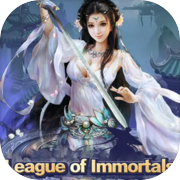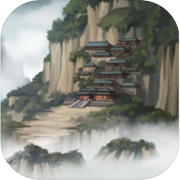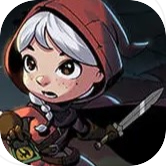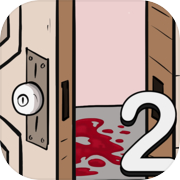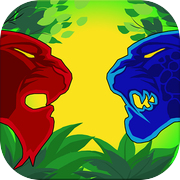The Isle of Elanor
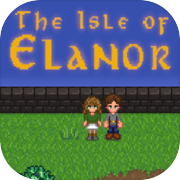
The Isle of Elanor is an open-ended role playing game. It features real-time combat, a strong focus on player choice, and a High Fantasy narrative. The game borrows mechanics from Dwarf Fortress, Divinity: Original Sin 2, Stardew Valley and the Witcher Series.
You wash ashore on The Isle of Elanor, the last bastion of humanity remaining in the world. You retain only fragments of your memory – your origins are a mystery. The people of the isle are puzzled by your inexplicable arrival.
The situation on the island is grim: many people are poor, destitute, and in some cases close to starving. There's social strife and division. You're given a small plot of land. Can you help humanity survive?
At the highest difficulty level, the game is meant to be challenging. If you're not careful, you will starve.
Select skills and attributes to determine your build: a tank, melee fighter, or a ranged attacker? Or choose a build that doesn't specialize in combat.
The Isle of Elanor is a game about player choice. What type of home to build? Who to befriend or who to make an enemy of?
Set in an imaginary period of the Earth's past, it's a world that borrows elements from both Midgard and Middle Earth. The peoples of Middle Earth (humans, elves, dwarves, orcs, etc) appear in the game.
Complex combat mechanics featuring single-handed (quick) and two-handed (long-range) basic attacks, skills (magic), and the use of a shield.
This is more than a farming, fishing, and mining game. In fact, your home isn't necessarily a farm. You can manufacture pottery, furniture or craft weapons and armor.
Become a part of the community. Give food and items to needy townspeople. Watch the townspeople prosper, or decline, along with the home you build. You will face the consequences of your actions.
Deep branching dialog options. Learn about the people and the history of the island.
Features a realistic geology model. Stone occurs in sedimentary, igneous, and metamorphic layers. Some types of stone, ore, and jewels are available to mine only in certain layers.
Just a few of the types of stone: Bauxite, Cobalite, Granite, Gypsum, and Olivine. When you craft an item out of stone, the item retains the properties (color, weight, value) from the stone. The same mechanic applies to items crafted from wood.
Factional alliances. The non-player characters on the island are grouped into factions. Most NPCs have families. Your relationship with one family member affects your relationship with the other family members. There are multiple towns in the game which also form factions.
The guiding principle behind the quest system is consequences. Quests result in small changes here and there to show how the world is changed – for better or worse.
You wash ashore on The Isle of Elanor, the last bastion of humanity remaining in the world. You retain only fragments of your memory – your origins are a mystery. The people of the isle are puzzled by your inexplicable arrival.
The situation on the island is grim: many people are poor, destitute, and in some cases close to starving. There's social strife and division. You're given a small plot of land. Can you help humanity survive?
At the highest difficulty level, the game is meant to be challenging. If you're not careful, you will starve.
Select skills and attributes to determine your build: a tank, melee fighter, or a ranged attacker? Or choose a build that doesn't specialize in combat.
The Isle of Elanor is a game about player choice. What type of home to build? Who to befriend or who to make an enemy of?
Set in an imaginary period of the Earth's past, it's a world that borrows elements from both Midgard and Middle Earth. The peoples of Middle Earth (humans, elves, dwarves, orcs, etc) appear in the game.
Complex combat mechanics featuring single-handed (quick) and two-handed (long-range) basic attacks, skills (magic), and the use of a shield.
This is more than a farming, fishing, and mining game. In fact, your home isn't necessarily a farm. You can manufacture pottery, furniture or craft weapons and armor.
Become a part of the community. Give food and items to needy townspeople. Watch the townspeople prosper, or decline, along with the home you build. You will face the consequences of your actions.
Deep branching dialog options. Learn about the people and the history of the island.
Features a realistic geology model. Stone occurs in sedimentary, igneous, and metamorphic layers. Some types of stone, ore, and jewels are available to mine only in certain layers.
Just a few of the types of stone: Bauxite, Cobalite, Granite, Gypsum, and Olivine. When you craft an item out of stone, the item retains the properties (color, weight, value) from the stone. The same mechanic applies to items crafted from wood.
Factional alliances. The non-player characters on the island are grouped into factions. Most NPCs have families. Your relationship with one family member affects your relationship with the other family members. There are multiple towns in the game which also form factions.
The guiding principle behind the quest system is consequences. Quests result in small changes here and there to show how the world is changed – for better or worse.
Available on devices:
- Windows

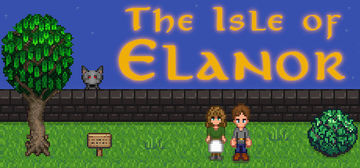


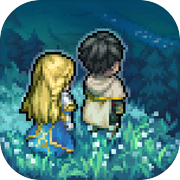
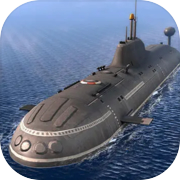
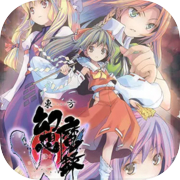
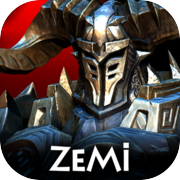
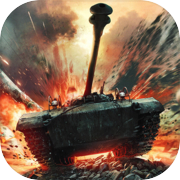

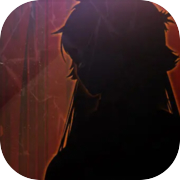
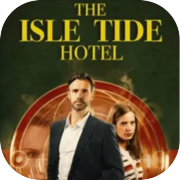
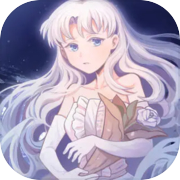

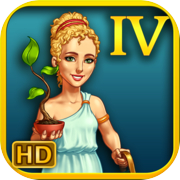
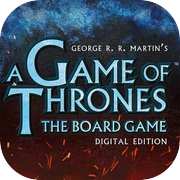

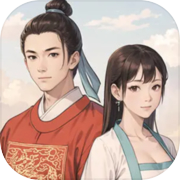

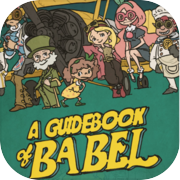
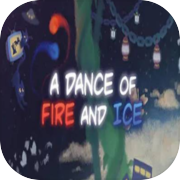

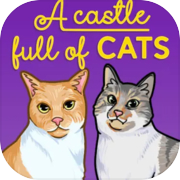




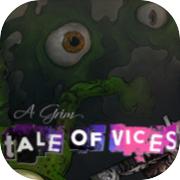
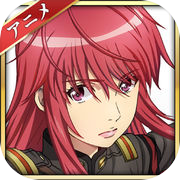
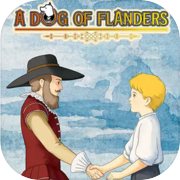


![[Premium] Knights of Grayfang](https://images.mvpgame-win.com/images/vyatqf4as34.png)
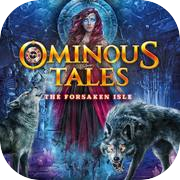
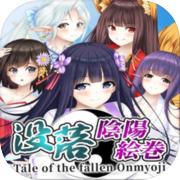
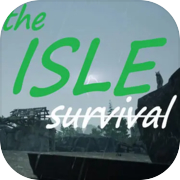
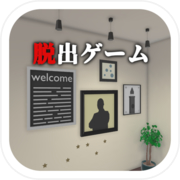
![[FUN Game]Heroes Of Mavia Arts](https://images.mvpgame-win.com/images/1hoytjwlhjn.png)
